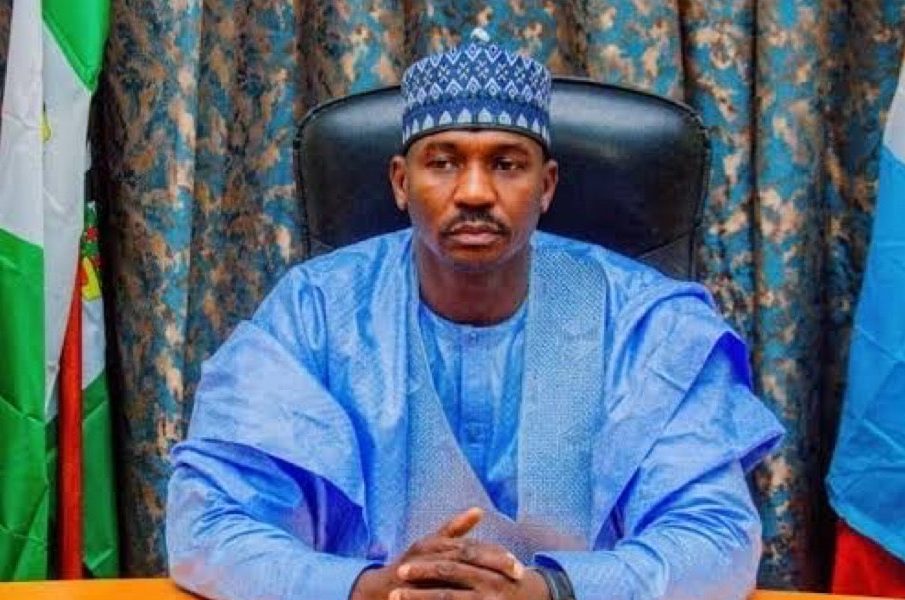Governor Aliyu dethrones 15 traditional rulers in Sokoto

Governor Ahmed Aliyu of Sokoto State has dethroned 15 Traditional rulers in the state.
The reasons behind this decision include allegations of insubordination, involvement in land racketeering, aiding insecurity, and converting public properties.
Governor Aliyu of Sokoto
This is contained in a statement by the press secretary to the Governor, Abubakar Bawa, on Tuesday in Sokoto.
Among the District Heads dethroned are: Unguwar Lalle, Yabo, Wamakko, Tulluwa, lllela, Dogon Daji, Kebbe, Alkammu, and Giyawa district.
Others were those appointed by the former Governor Aminu Tambuwal at the tail end of his administration.
“They were dropped due to the nature of their appointment which was according to the statement was haphazardly done and rejection by their subjects.
“They are Marafan Tangaza, Sarkin Gabas Kalambaina, Bunun Gongono, Sarkin Kudun Yar Tsakkuwa, Sarkin Tambuwal and Sarkin Yamman Torankavwa,” added the statement.
According to the statement, the cases involving District Heads of Isa, Kuchi, Kilgori and Gagi have been recommended for further investigations.
Similarly the Sarkin Yakin Binji, a senior counselor in the Sultanate Council, was transfered to Bunkari while the District Head of Sabon Birni was deployed to Gatawa.
Bawa also noted that seven other District Heads have been retained by the government.
They include Alhaji Aliyu Abubakar III Churoman Sokoto, Alhaji Ibrahim Dasuki Maccido Barayar Zaki, Abubakar Salame Sarkin Arewan Salame, and Aminu Bello Sarkin Yamman Balle.
Others are Mahmoud Yabo Sarkin Gabas Dandin Mahe, Mukhtari Tukur Ambarura Sarkin Gabas Ambarura and Malam Isa Rarah Sarkin Gabas of Rarah District.
The district heads of Tsaki and Asare were also retained, while Abdulkadir Mujeli, who was appointed as Magajin Garin Sokoto, was asked to return to his former position as Sarkin Rafin Gumbi district.
This action was taken based on the recommendations of the Committee on the Review of Appointments of Traditional Rulers, Renaming of Tertiary institutions, and the Dissolution of Governing Councils of State Parastatals, which was established by the state government.





